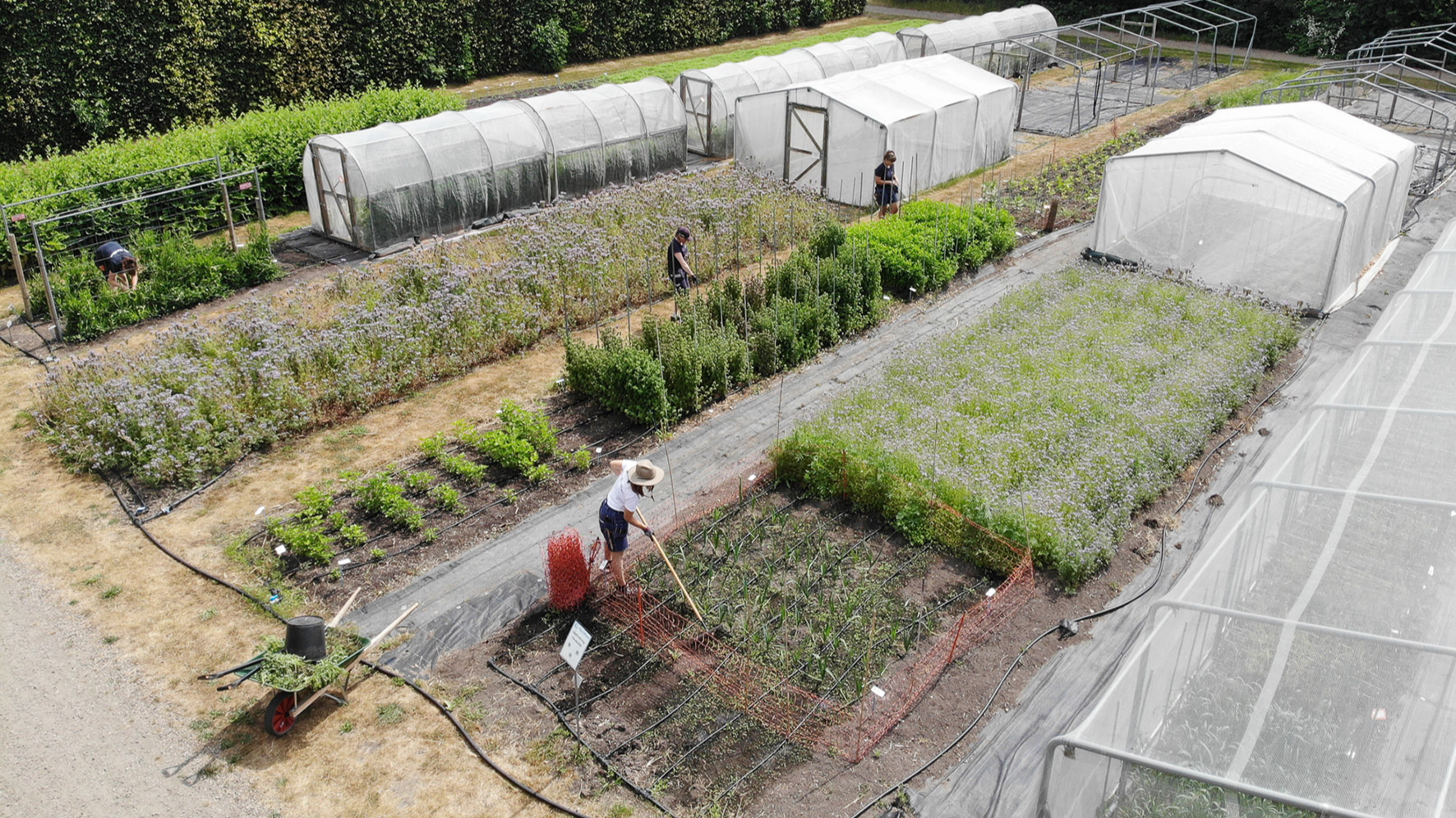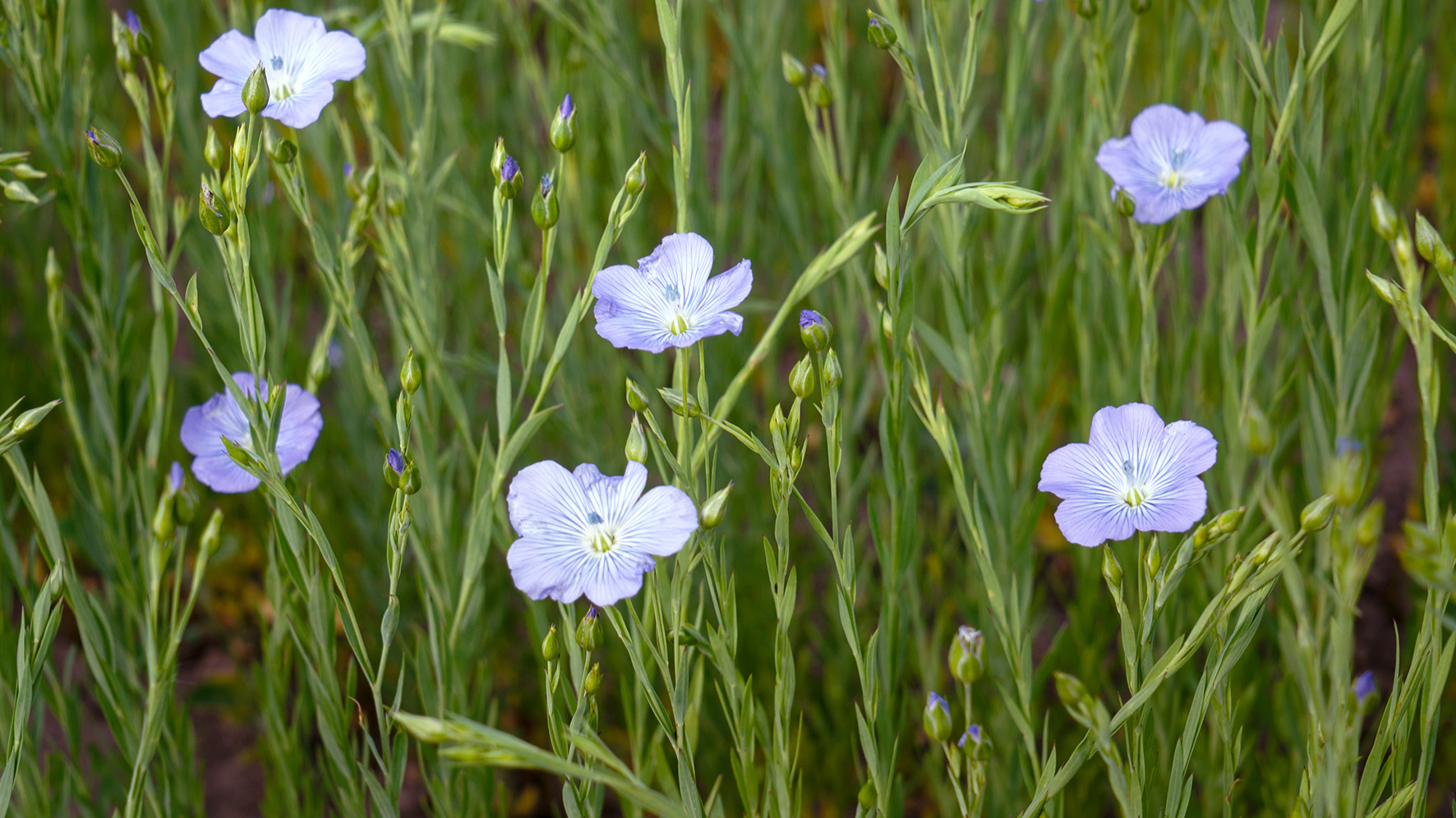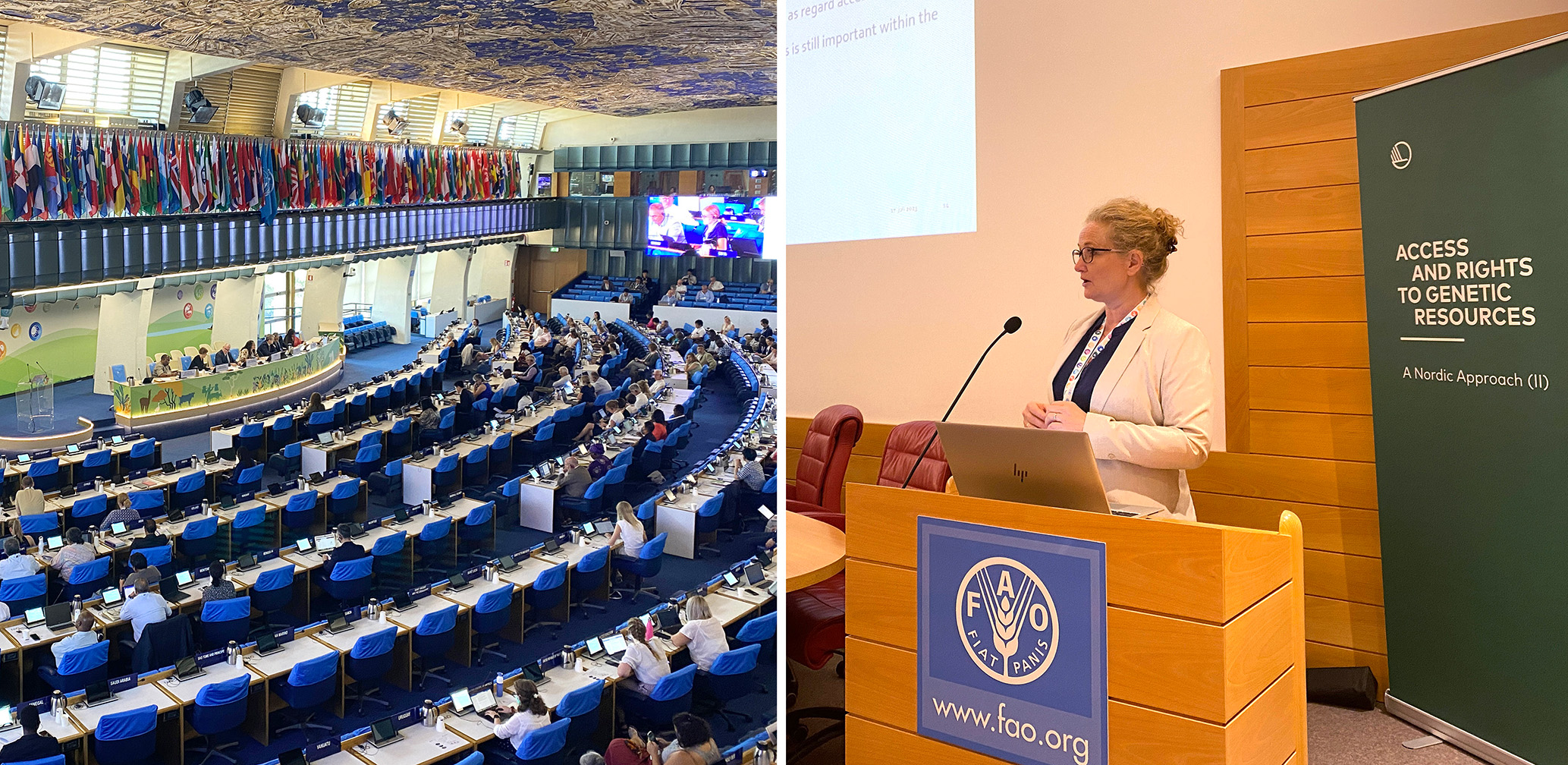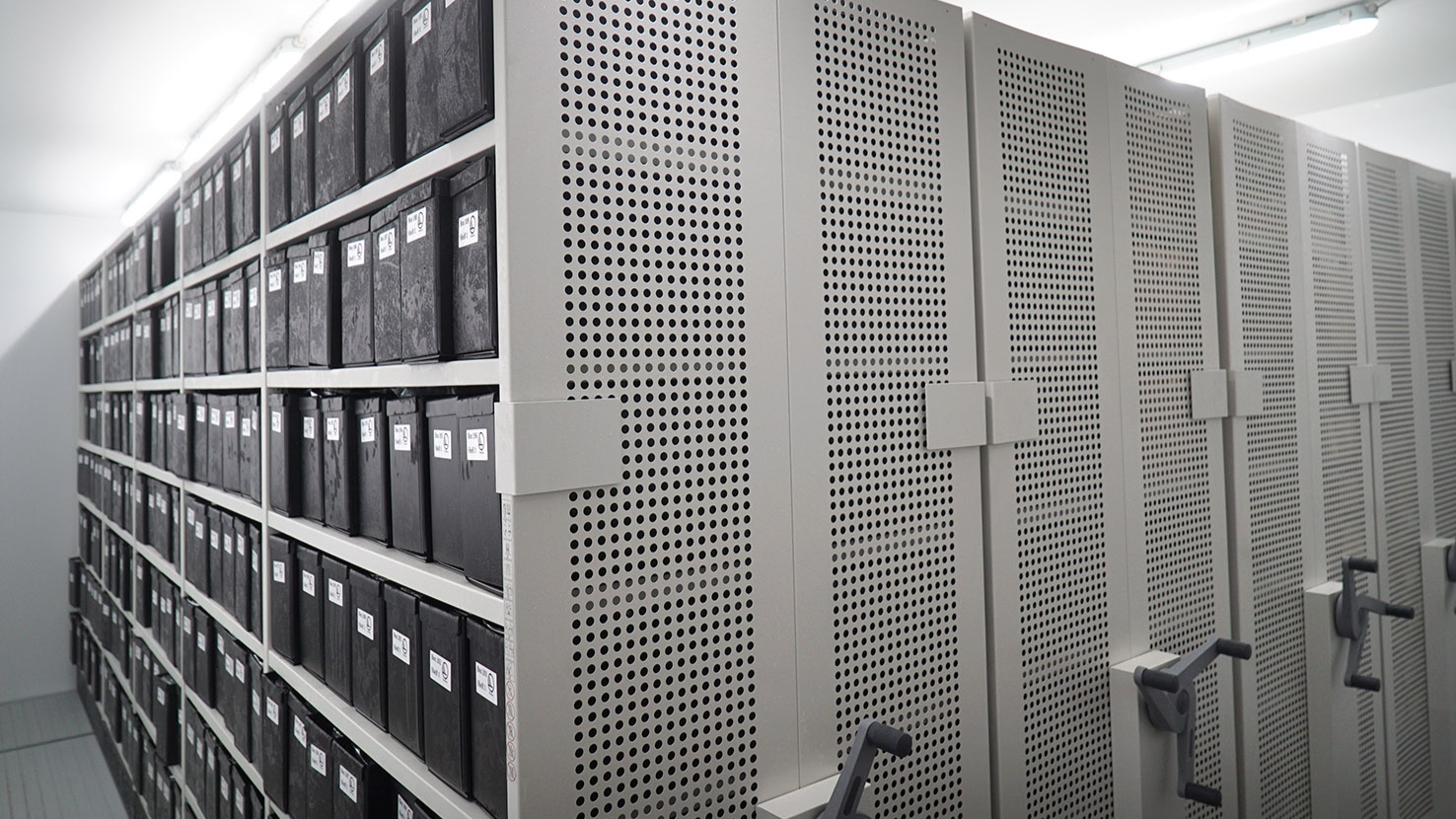Knowledge Centre – NordGen Plants
We live in a time when climate change is affecting our ability to grow our own food. Drought, floods and higher mean temperatures means that developing new plant varieties that can withstand the new challenges are more important than ever. But no plant breeding is possible without the green infrastructure stored in the DNA of seeds. And not even advanced gene technology can replace the natural genetic diversity that we find in our wild, semi-wild and cultivated crops. The most important task of NordGen Plants is to safeguard and facilitate the sustainable use of plant genetic resources that are important for agriculture in the Nordic countries. By doing so, we create conditions for a more environmentally friendly agriculture that can better withstand diseases, climate change and at the same time produce more nutritious food that corresponds to the consumers’ demands.
Key Activities
The research conducted at NordGen Plants is mostly carried out within different projects. Read more about this under the section “Projects".

Nordic Collaboration
NordGen is part of and arranges several different meetings and seminars for the Nordic stakeholders concerning plant genetic resources. 2023 was again a year filled with many interesting meetings in Alnarp and in other locations in the Nordic region. During the year, NordGen continued to experience an increased demand for knowledge on utilization of the plant genetic resources from both public and private research programs, that reaches out to NordGen for collaboration within utilization of the genebank collection.
One such current example is the collaborative project on the Nordic oat collection between NordGen, Oatly, Lantmännen and ScanOats. Another ongoing collaboration is the Nordic flax project between NordGen, Skånelin, Science Park Borås and the project "1 KVM LIN". In this project 30 Nordic flax varieties were cultivated during 2023 to find out which varieties that are suitable for fiber respectivley oil production. Many other Nordic projects were also ongoing during the year in NordGen's different plant working groups.
International Collaboration
Preserving and distributing genetic resources requires international collaboration, and the foundation for this work is laid out in the International Treaty on Plant Genetic Resources for Food and Agriculture (ITPGRFA) and the Convention on Biological Diversity (CBD), ratified by all the Nordic governments. To NordGen, as part of the global genebank community, international collaboration is crucial. Forums for this work is the Governing Body to the ITPGRFA and the Commission on Genetic Resources for Food and Agriculture (CGRFA), The European Cooperative Programme for Plant Genetic Resources (ECPGR) and the Conference of the Parties (COP) to the CBD.

One of the flax varieties that was cultivated during 2023.

NordGen participated in the CGRFA meeting in Rome in July and organized several side events, for example about the report "Access and Rights To Genetic Resources – A Nordic Approach II" that was published in 2023.
Development of a State-of-the-Art Facility
To ensure the establishment of a new infrastructure for backup storage of the Nordic plant seed collection, NordGen was granted more than 8 million DKK from the Danish Novo Nordisk Foundation. The infrastructure will improve conservation, long-term viability and characterization of plant seeds and can contribute to scientific progress in future crop production as it will allow for an extensive overview and description of plant seeds for the benefit of researchers, educators, and breeders in the Nordic countries and worldwide.
A project plan was prepared for repackaging and quality assurance of all samples and work on this was completed during 2023. This project will lead to an increased value and a considerable improvement of the Nordic seed collection and its safety.

NordGen Plants is the largest department. It is divided in two, with the genebank maintaining the Nordic seed collection of about 34 000 seed samples and the research department working in a close relationship with public institutions, plant breeding companies and other organizations in order to identify green solutions for a more sustainable society.
A central part of NordGen Plants is the seven different Working Groups on plant genetic resources that together with the national programs constitute the very core of NordGen’s network of Nordic experts. They are an important link between the Nordic and the national technical work within a specific species group. The working groups contribute with insights to each Nordic country’s operations with genetic resources and is also important for knowledge exchange and network contacts.